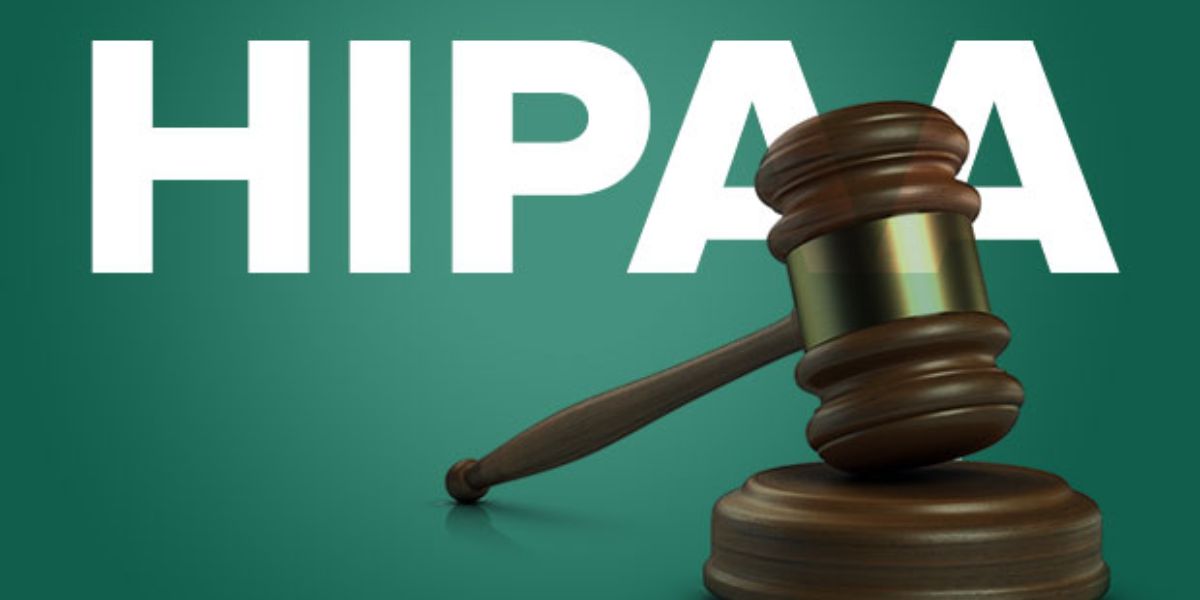Attorney General Jonathan Skrmetti of Tennessee is joining over a dozen states in a lawsuit against a federal agency over a rule they claim makes it more difficult for them to look into specific situations.
Skrmetti claimed that the Department of Health and Human Services (HHS) has placed restrictions on when “reproductive health care” information can be shared without someone’s consent, which violates the states’ legal right to obtain specific records.
The complaint was submitted to the U.S. District Court for the Eastern District of Tennessee in Knoxville.
The Dobbs v. Jackson Women’s Health Organization Supreme Court case prompted an HHS rule that is at the heart of the lawsuit. Following the Dobbs ruling, the HHS attempted to amend a privacy rule from 2000 that described the process for obtaining health information.
Because the information sought was “specific and limited in scope” and “de-identified information could not reasonably be used,” the 2000 ruling permitted law enforcement to access health records for “a legitimate law enforcement inquiry.”
HHS implemented additional safeguards for “reproductive health care” data following the Dobbs ruling. According to the complaint, HHS put “new barriers to state investigators’ ability to obtain” such data.
A coalition of 19 states, including those mentioned in the lawsuit, expressed “substantial opposition” to HHS’s broad definition of “reproductive health care” in more than 25,000 comments on the proposed rule, according to the complaint.
Another obstacle between the states and the information requested was created by the HHS rule, which mandated that any disclosure of protected health information have a written certification that complied with specific standards.
HHS “expressly acknowledged” that the rule would “limit States’ ability to enforce laws regulating aspects of HHS’s’reproductive health care’ rubric” in spite of the objections, according to the complaint.
According to the lawsuit, healthcare providers had until December 23, 2024, to fully comply with the new rule, which entered into effect on June 25, 2024.
Puppyland Fined $3.75 Million for Selling Sick Puppies and Engaging in Predatory Loan Practices
According to the states, the HHS rule forbids states that have abortion restrictions from using reproductive health data in any kind of criminal, civil, or administrative investigation pertaining to reproductive health care, as well as from imposing any penalties for such investigations.
“The slapdash HIPAA rule rushed out the door by the administration for political purposes is both unlawful and impractical,” Skrmetti stated in a social media post announcing the suit. “The admin’s efforts to hamstring enforcement of conservative state laws have created significant obstacles for everyday investigation of misbehaving health care providers, including our ongoing investigation of a Nashville IVF clinic.”
Washington State Looks to Lower Threshold for School Bonds with New Constitutional Amendment
According to the complaint, the fertility clinic in question is currently the target of consumer protection litigation that is being brought against a physician and the business practices of his respective fertility clinic.
Since the HHS rule has been in place since late December 2024, the state has been unable to get “relevant patient data” because it falls within the now more expansive definition of “reproductive health care” information. This has prevented the state from effectively obtaining the data.
By filing this lawsuit, the plaintiff is requesting that the court declare the rule to be invalid, temporarily delay enforcement while the issue is being litigated, and permanently prevent the regulation from going into effect.




